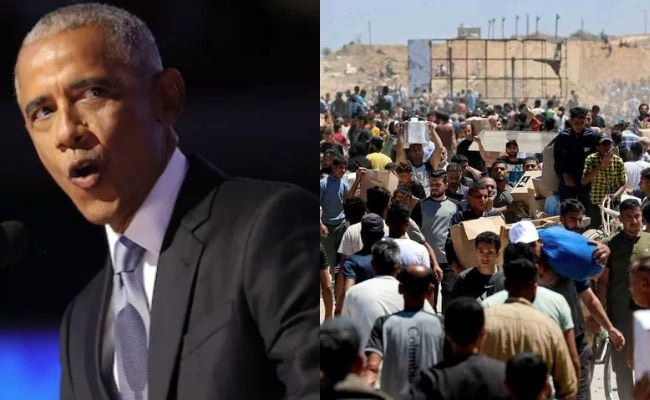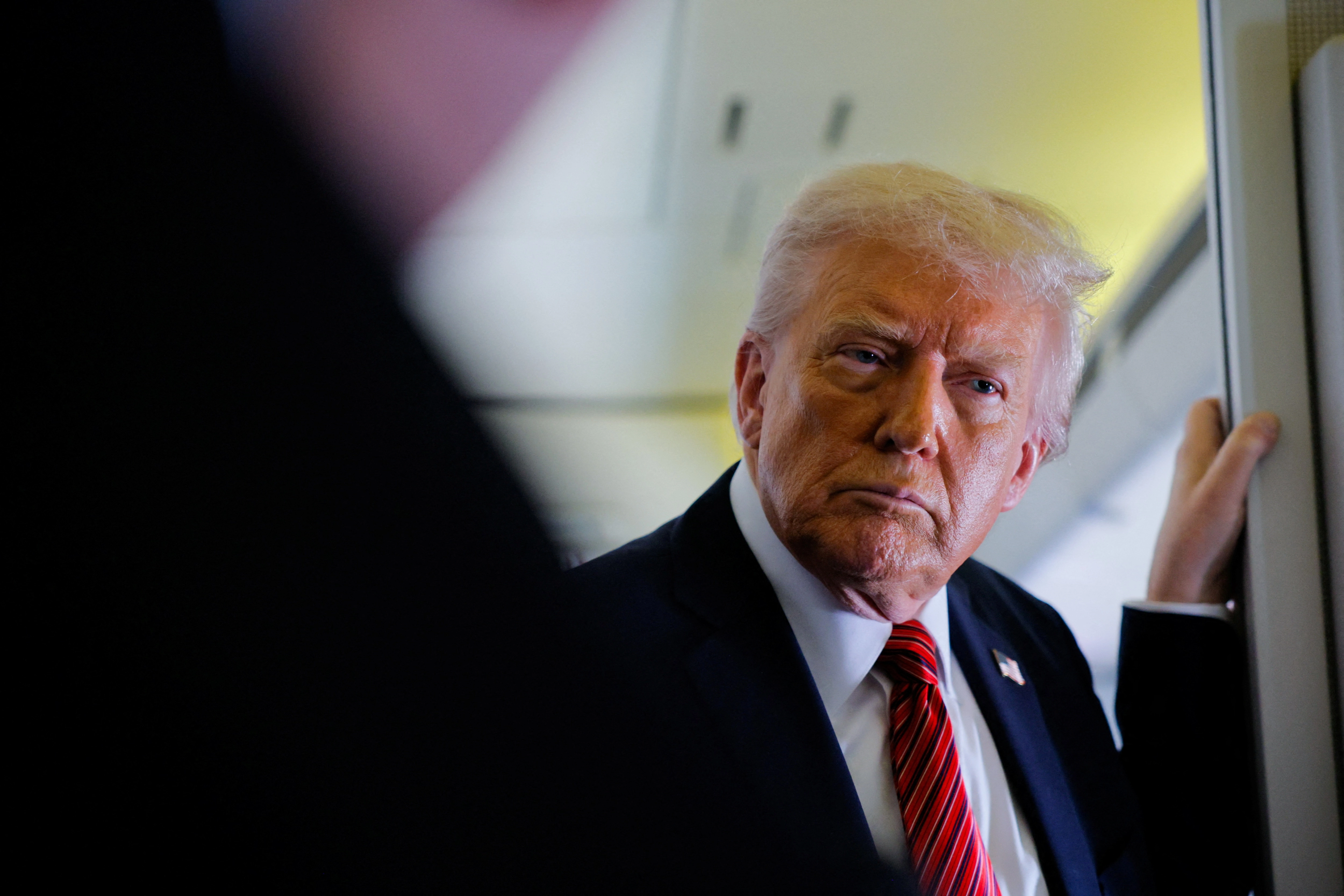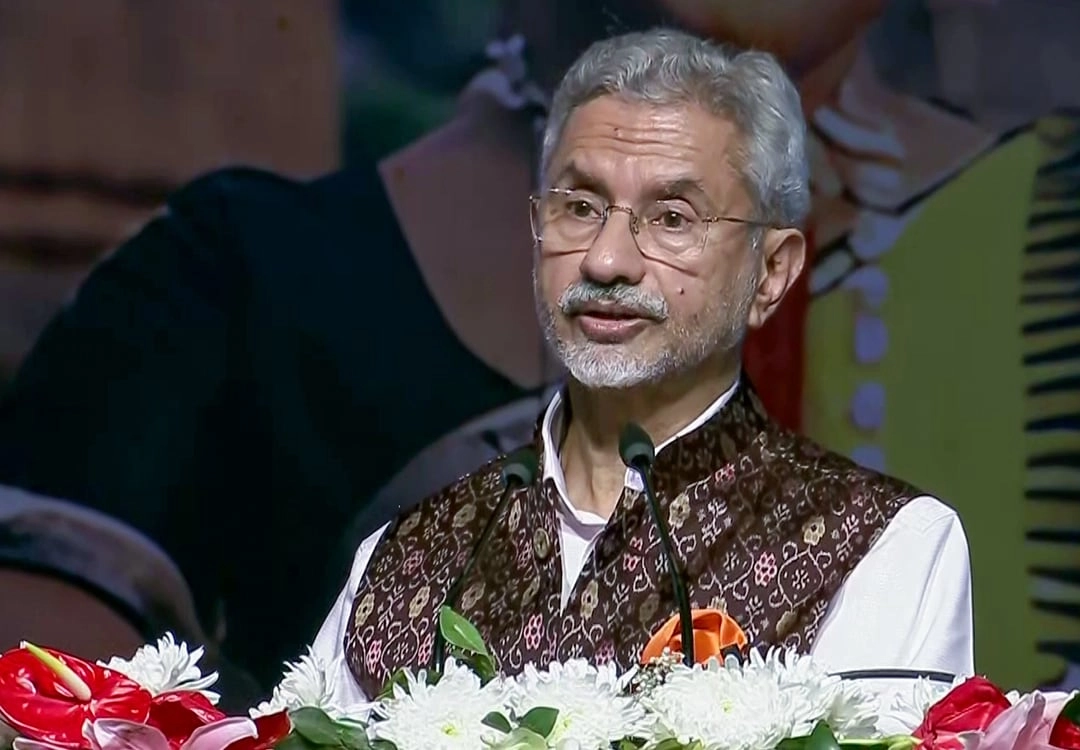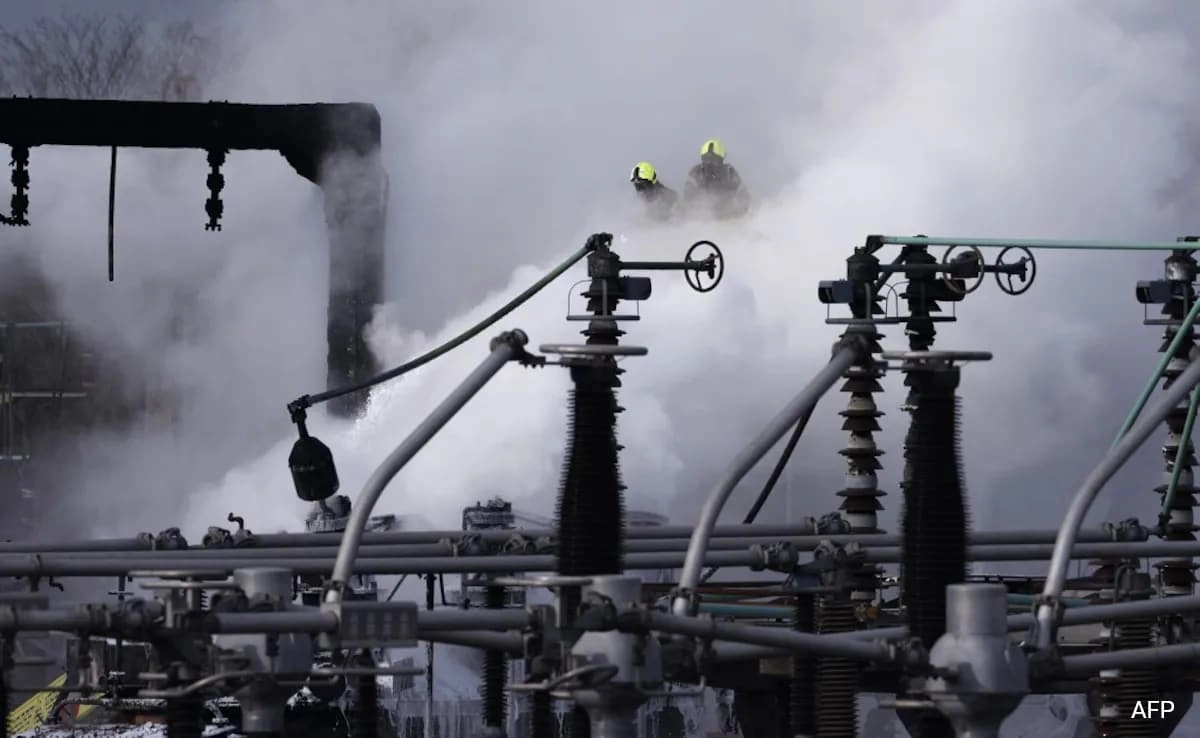In a recent statement addressing the ongoing humanitarian crisis in Gaza, former President Barack Obama emphasized the urgent need for international action to prevent the dire consequences of starvation in the region. As the situation escalates, the plight of civilians caught in the crossfire has become increasingly critical, with many facing severe shortages of food, clean water, and medical supplies. Obama urged world leaders to prioritize humanitarian efforts and ensure that aid reaches those in desperate need. He highlighted the importance of protecting innocent lives, particularly vulnerable populations such as children and the elderly, who are disproportionately affected by the conflict.
Obama’s call to action resonates with the broader concerns surrounding the humanitarian implications of prolonged violence. The situation in Gaza is not merely a political issue; it is a humanitarian crisis that demands immediate attention. The former president pointed out that access to essential resources is a fundamental human right, and the international community must come together to alleviate the suffering of those trapped in this conflict. He urged for a coordinated response that transcends political divides and focuses on delivering aid to those who need it most.
Furthermore, Obama stressed that the humanitarian crisis in Gaza should not be viewed in isolation but rather as part of a larger narrative of global conflict and suffering. He called for a renewed commitment to diplomacy and dialogue, suggesting that long-term solutions must be sought to address the underlying issues fueling the violence. The former president reiterated that while military strategies may play a role in conflict resolution, they cannot replace the need for compassion and humanitarian support. It is essential to recognize the humanity of all individuals affected by conflict, regardless of their nationality or political affiliation.
In conclusion, Barack Obama’s remarks serve as a poignant reminder of the urgent need for humanitarian intervention in Gaza. The emphasis on preventing starvation and alleviating suffering underscores the moral imperative for global leaders to act decisively. As the world watches the unfolding crisis, it is imperative that efforts are made to ensure that aid reaches those in need and that a pathway towards peace and stability is established. The humanitarian crisis in Gaza is a call to action for all of humanity, reminding us that our collective responsibility is to protect the most vulnerable among us and to work towards a future where such crises are no longer a reality.




